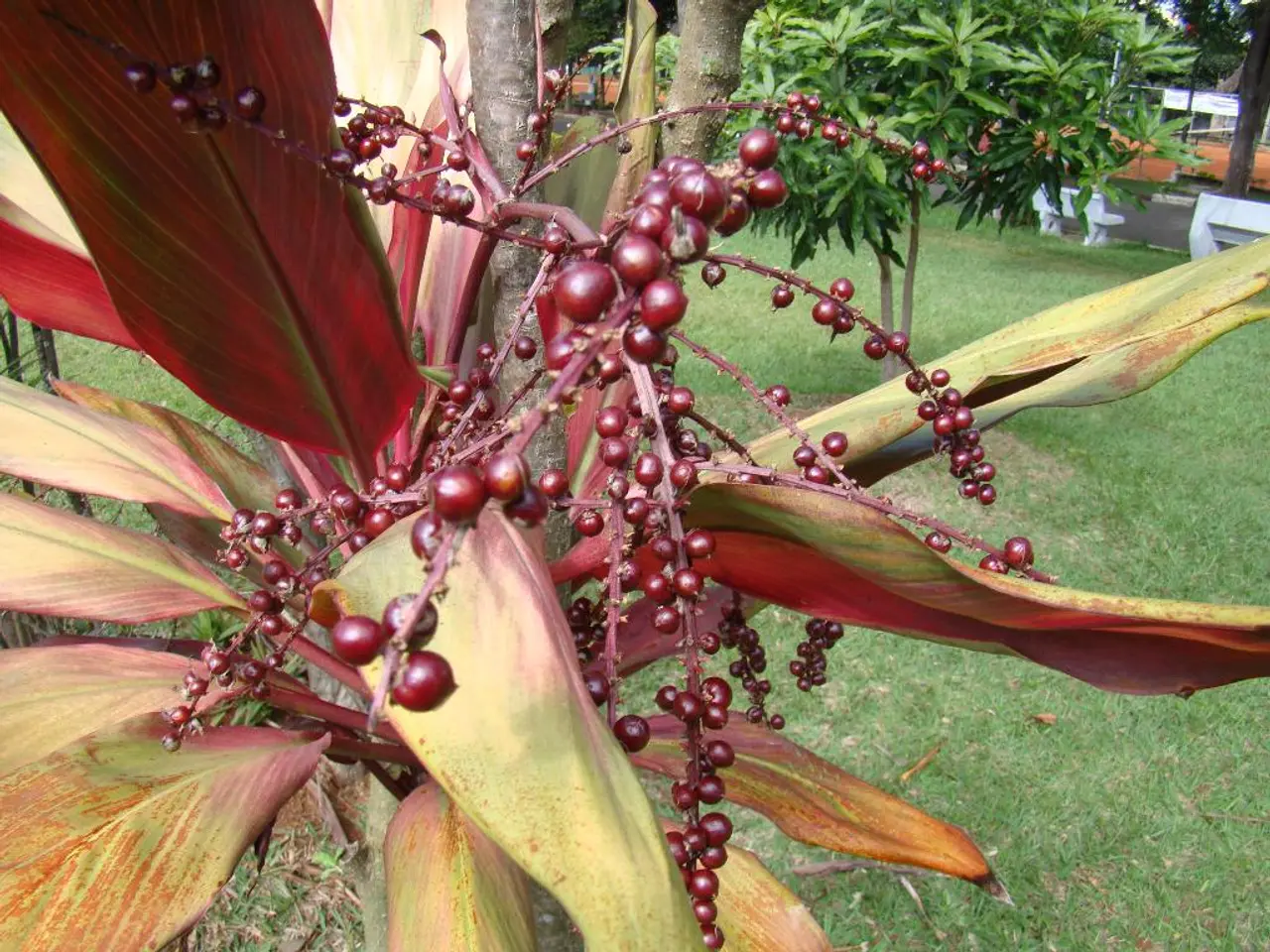Backyard Gardening: Thriving Through Various Climatic Conditions
The southwest coast of British Columbia has experienced an unusual year in its backyard gardens. A cold spring followed by a record-breaking heat wave has taken a toll on many plants.
Last year, the apple trees in the garden bore an abundance of fruit, but this year, they have produced hardly any blooms. It is speculated that the trees could be skipping a year or it was due to the cold spring. On the other hand, the raspberries have thrived and plans are to add two more rows next year.
The Scarlet Runner Beans have been a delight to watch, with hummingbirds visiting their red flowers and perching on the trellis. No edible beans have been consumed yet, but they are anticipated by the end of the summer.
The cold spring temperatures slowed plant development, delaying flowering and potentially reducing fruit set. This has been evident in the tomatoes, which are a bit late getting going this year, but starting to see more flowers and fruit now. The asparagus, which requires three years to become established before harvesting, has multiplied significantly this year.
However, the cold-then-hot weather has not been kind to all plants. Only one cucumber plant germinated and established itself, and the peas had trouble germinating in the cold spring and are now pretty crispy. Plans are to try a late sowing shortly.
The Luffa plants have only one survivor that has grown up a trellis but no flowers yet. The kale, on the other hand, is having its best year yet. Nasturtiums have been planted throughout the garden to draw aphids off of the leafy plants.
Zinnias were planted to attract pollinators and are starting to bloom. The Swiss chard is growing rapidly, and the gardener needs to figure out how to cook with it. The pepper plants, which didn't grow much past seedling size indoors, have been bought from a garden center and are doing well.
The blueberry plants have fared differently. The backyard blueberries have done fairly well, while the front yard blueberry bushes have skipped this year, showing very few flowers and berries, and leaves being dried/burned by the heat. A year with a cold spring followed by a heat wave can stress blueberry plants, negatively affecting both fruit production and leaf health.
Heat waves, especially with temperatures consistently above 85°F (29°C) and warm nights, can cause physiological stress to blueberry plants. Symptoms include leaf scorch (browning or burning of leaf edges), wilting, and reduced photosynthesis capacity. These effects reduce the plant's ability to produce and ripen fruit properly.
Managing irrigation, providing shade during heat waves, and protecting plants from late frosts can help mitigate these effects. Two sunflower plants were eaten by wild bunnies, but the remaining plants are larger and less crowded.
The gardener has subscribed to the monthly email list of a specified website to keep updated on gardening tips and advice.
Amidst the fluctuations in the backyard garden, aiming to improve home-and-garden lifestyle, the gardener is considering expanding the raspberry row and adding more Zinnias next year, as they have thrived despite the unfavorable weather conditions. On the contrary, the blueberry bushes in the front yard have been negatively affected by the heatwave, with fewer flowers and berries, and leaves showing signs of scorch, suggesting a need for better management strategies.




